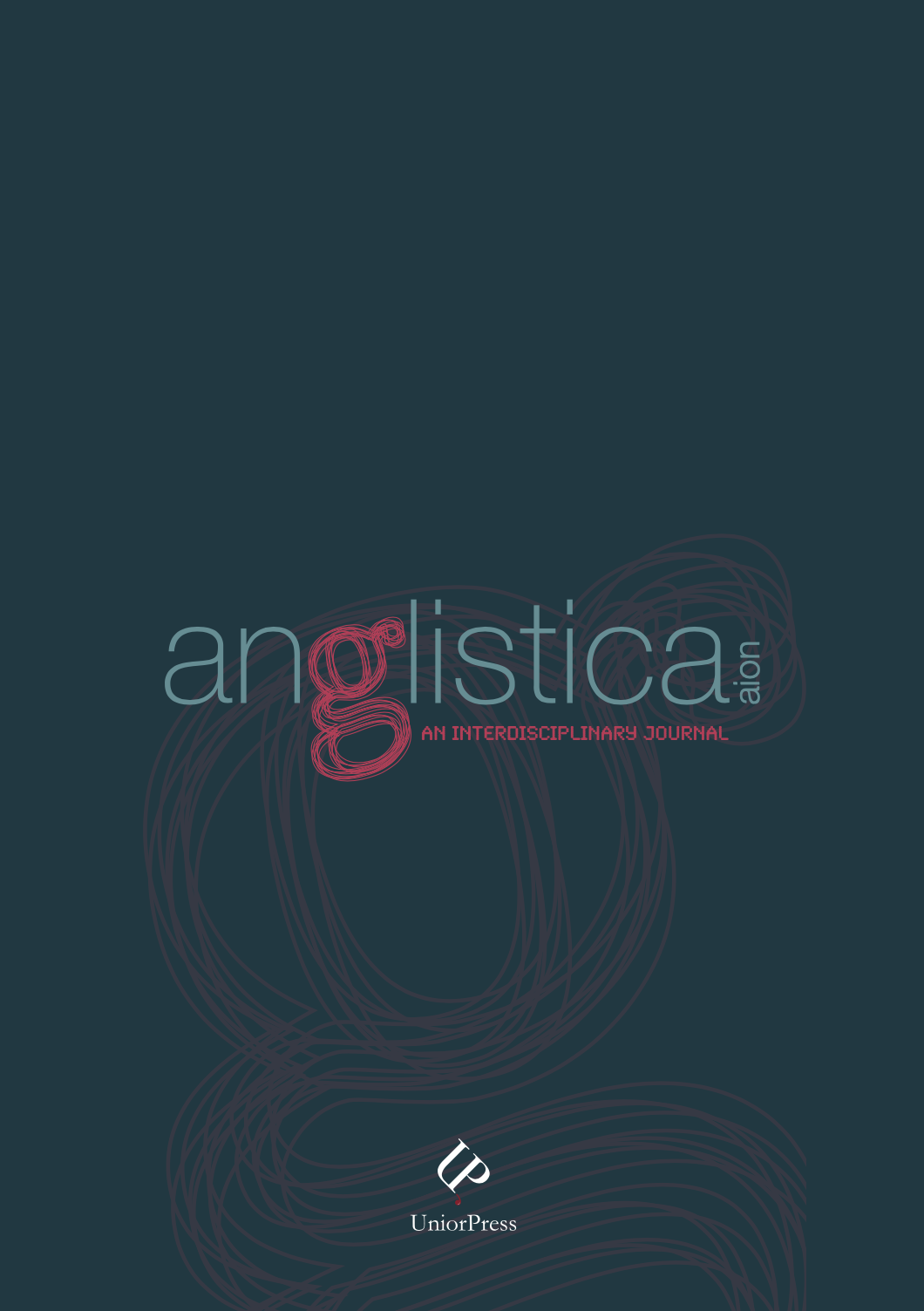Vol. 19 No. 2 (2015): Wastelands: Eco-narratives in Contemporary Cultures in English

The topic of this issue is inspired first of all by an iconic text such as T. S. Eliot’s The Waste Land, published in 1922, and by the 20th-century literary and cultural tradition dealing with apocalyptic landscapes, dystopian nightmares, chronicles of a present/future world in disarray. Recently the waste land theme has been developed by Zygmunt Bauman in Wasted Lives: Modernity and its Outcasts (2003). Waste Land is also the name of a 2010 social documentary based on the lives of garbage pickers in Rio de Janeiro, where Vik Muniz creates art out of recycled materials, as well as of a science fiction video game, set in a post-apocalyptic America. In the new millennium, waste plays an intriguing role in the contemporary Western consciousness in an age in which eco-narratives increasingly denounce the collapse of the natural order and engage with a sustainable response to the wasting of human beings and of natural resources. Waste generates an ethics of responsibility based on giving an account of oneself.


